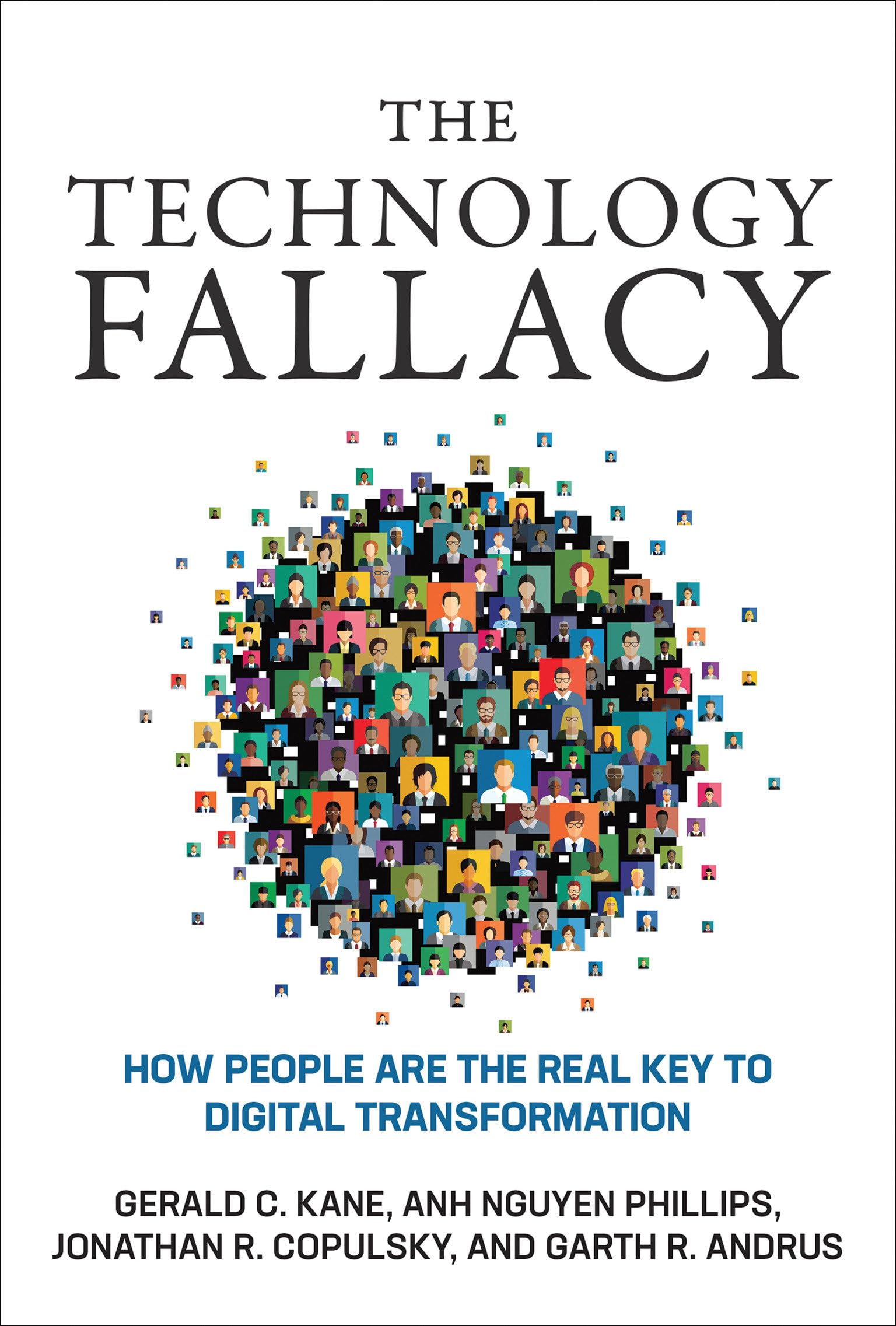

MIT Press The Technology Fallacy: How People Are the Real Key to Digital Transformation
M**G
Great condition - arrived promptly
Great condition - like new - arrived promptly
@**S
While this does read like a textbook. There is a lot of insight buried in here.
The Technology Fallacy is written by a Professor at Boston College and 3 people from Deloitte and published by MIT. It is based on a survey of 16,000 business leaders. In it they explain that digital transformation does not come from technology, it comes from people and process. Most importantly empowering people with digital skills.The books shows that there is a direct correlation between business leadership and growth and the investment in the digital skills of the people. They also explain how these leaders are the ones that get access to the best talent. As you can imagine, that these leaders start to accelerate away from the digital laggards. Interesting enough, the research shows that digital laggards do not invest to catch up, so the gap widens.While there is a lot of discussion about the research, there is also practical stuff and advice around rethinking leadership and talent for the digital age and becoming a digital organisation.While this does read like a textbook. There is a lot of insight buried in here.
J**A
as expected
good condition timely delivery if pay extra
S**Y
Interesting insights
With emerging technologies and business models, companies today are having to decide whether to follow the trend of this digital transformation or rely on maintaining the status quo of historical successes. The Technology Fallacy is not about technology per se, but instead focuses more on the cultural elements of digital transformation. The authors argues that implementing new technologies alone will not suffice for an organization to become digitally mature. Instead the leadership has to set its focus on the people working closely with the processes, and their interaction and adoption of new technologies. Subsequently, this implies a cultural shift for many organizations ready to take the leap forward. This book is based on four years of study on how various organizations are having to change as more and more industries are being digitally disrupted. By surveying 16,000 professionals on matters related to digital transformation, the authors could define three categories of digital maturity; 1) Early, 2) Developing and 3) Maturing. The companies falling into Early adopters are typically lacking the right ingredients to leverage new technologies and may not have it as an internal priority. These companies are often on the losing end of digital disruption. Developing organizations have already initiated a fragmented transformation journey but not yet scaled it up to contribute to significant outcomes. Maturing companies are digitally savvy and have upskilled its workforce to quickly adopt to new technologies and business models.
P**A
Fantastic
Amazing content to those who are looking for new ways of working.
Trustpilot
3 weeks ago
2 days ago